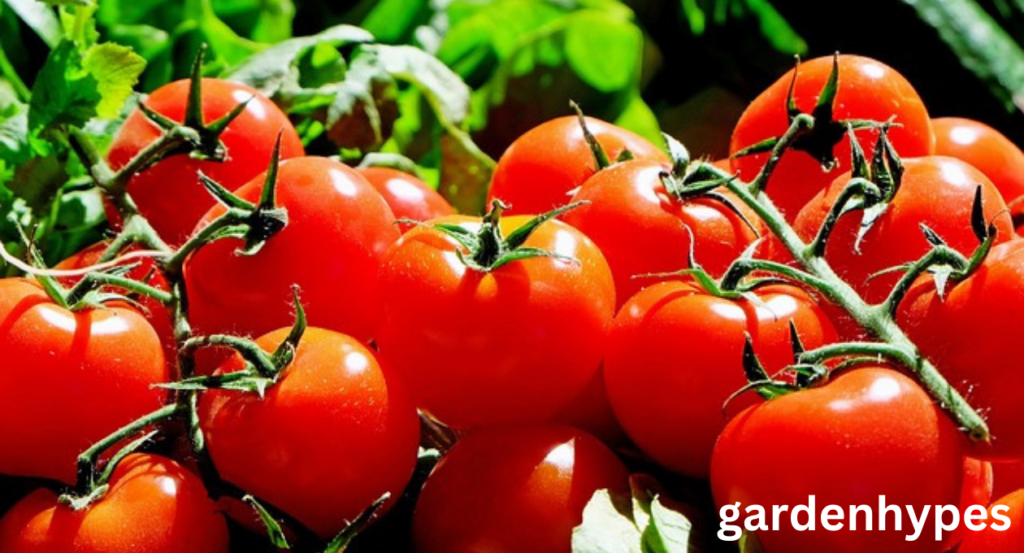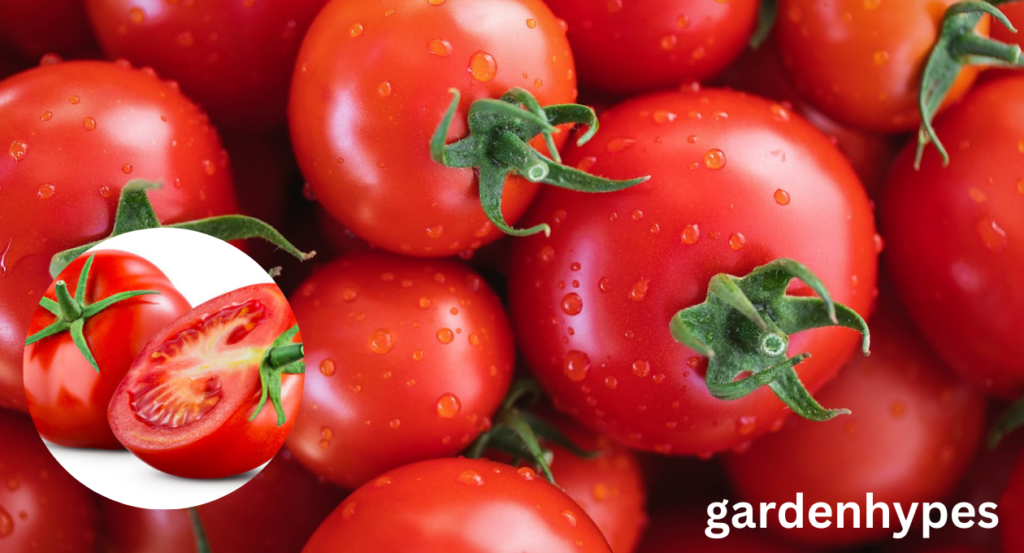Global Tomato Shortage Causes and Solutions 2024
Introduction to the Tomato Shortage
If you’ve recently noticed higher prices or empty shelves where tomatoes usually sit, you’re not alone. A global tomato shortage is making waves, disrupting everything from your favorite pasta sauce to the humble tomato slice on a burger. But what’s behind this sudden scarcity?
click in link Types of Radishes
Why Are Tomatoes Suddenly Scarce?
Tomatoes, a staple ingredient worldwide, rely heavily on specific growing conditions. Unfortunately, recent challenges have disrupted production, causing shortages and raising costs.
An Overview of Global Tomato Supply
The tomato is a globally traded commodity, with countries like China, India, and the United States being top producers. However, disruptions in even one region can ripple across international markets, creating a domino effect.
click in link Types of Radishes
Causes of the Tomato Shortage
Adverse Weather Conditions
Drought and Extreme Heat
Many tomato-producing regions have experienced unprecedented droughts and record-breaking heat waves, stressing crops and reducing yields.
Unexpected Frosts
On the flip side, untimely frosts have damaged crops that were close to harvest, further exacerbating the problem.

Disruptions in Supply Chains
Global supply chain disruptions, worsened by geopolitical tensions and the aftermath of the COVID-19 pandemic, have delayed transportation and increased costs.
Rising Production Costs
Fertilizers, fuel, and labor costs have all surged, making tomato farming more expensive and less profitable, leading some farmers to switch to other crops.
Regions Most Affected by the Tomato Shortage
Impact in Major Tomato-Producing Countries
Countries like Italy, Mexico, and India, which are major exporters, have seen reduced harvests, directly impacting global supply.
click in link Types of Radishes
Effect on Tomato-Importing Nations
Nations that rely heavily on imports, such as the UK and Japan, face steep price increases and limited availability.
The Economic and Social Impacts of the Tomato Shortage
Rising Tomato Prices
How It Affects Consumers
For consumers, the price hike means paying more for fresh tomatoes and tomato-based products. Budget-conscious families are feeling the squeeze.
Challenges for Businesses
Restaurants and food manufacturers are grappling with higher costs, sometimes passing them on to customers or altering menus to cope.
Impact on the Food Industry
Restaurants and Fast Food Chains
From pizza to tacos, many popular dishes rely heavily on tomatoes, leaving businesses scrambling for alternatives or cutting back on servings.
click in link Types of Radishes
Processed Tomato Products
Products like ketchup, tomato paste, and canned tomatoes have seen both price increases and reduced availability.
Social Implications
Public Response to Shortages
Social media is abuzz with memes and debates, highlighting public frustration and humor around the issue.
Potential for Innovation in Agriculture
Some see this shortage as an opportunity to rethink agricultural practices and invest in sustainable solutions.

How to Adapt to the Tomato Shortage
Alternative Ingredients for Everyday Use
Creative Substitutions in Recipes
Try roasted red peppers, carrots, or squash as bases for sauces. They can mimic the sweetness and texture of tomatoes in many dishes.
Supporting Local Farmers
Buying from local markets helps sustain smaller producers and reduces dependency on global supply chains.
Long-Term Solutions for Future Shortages
Embracing Climate-Resilient Agriculture
Developing drought-resistant tomato varieties and adopting smart farming techniques could mitigate future risks.
Investing in Vertical Farming
Growing tomatoes in controlled environments like vertical farms offers a way to maintain supply regardless of weather conditions.
Conclusion
The tomato shortage is a wake-up call about the vulnerabilities in our food systems. While it poses challenges for consumers and industries alike, it also offers a chance to innovate and rethink how we grow and distribute essential crops.
FAQs
- Why is there a tomato shortage?
Factors like extreme weather, supply chain issues, and rising costs are behind the shortage. - Which countries are most affected by the tomato shortage?
Major producers like Italy and Mexico, along with import-dependent nations, are feeling the impact. - How can consumers cope with the rising price of tomatoes?
Opt for alternatives like red peppers or support local farmers for more affordable options. - What is the food industry doing to address the tomato shortage?
Businesses are exploring alternative ingredients and sustainable practices to navigate the crisis. - Could climate change lead to more shortages like this in the future?
Yes, without significant efforts to mitigate climate change, more crop shortages are likely.
